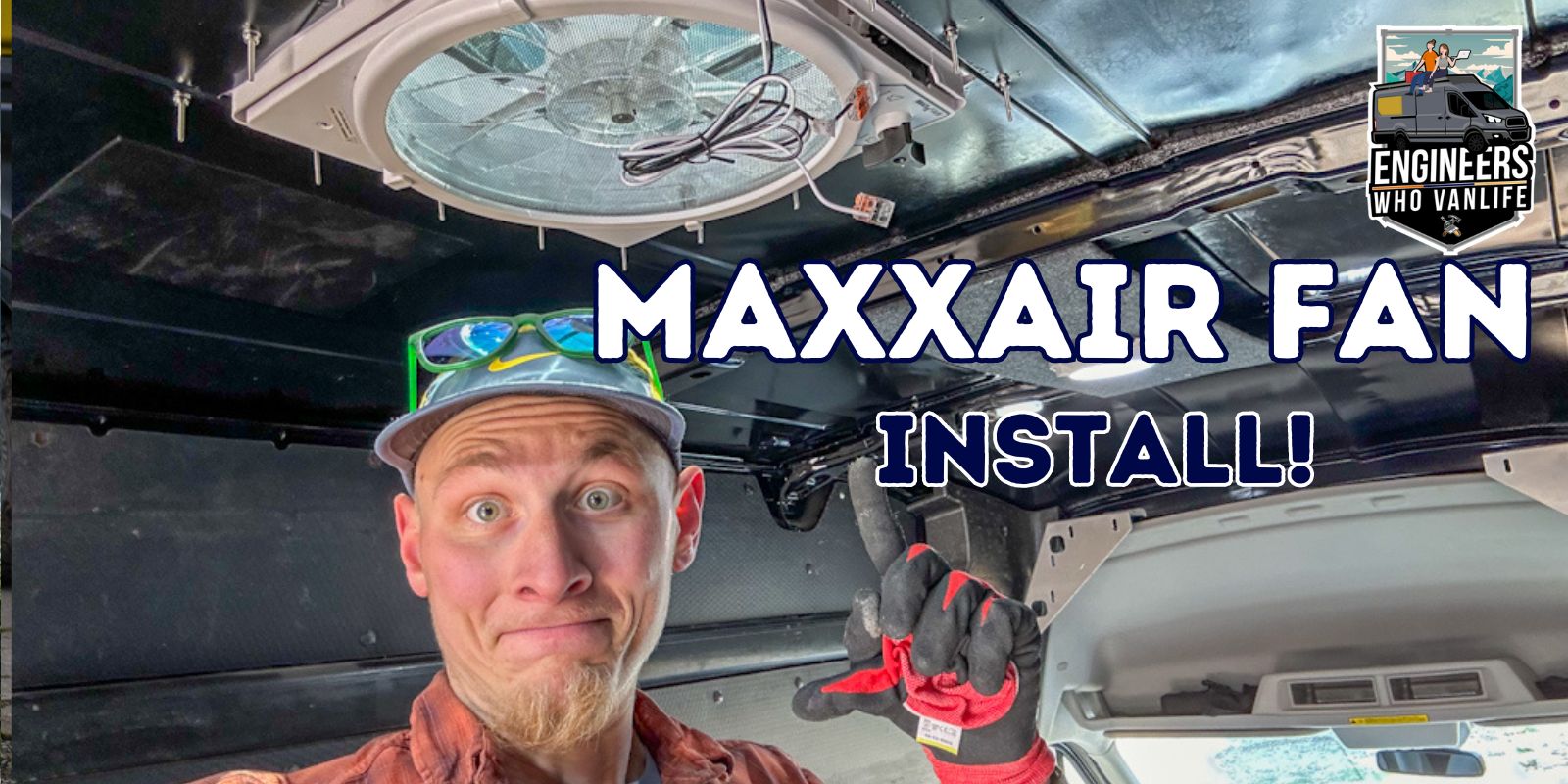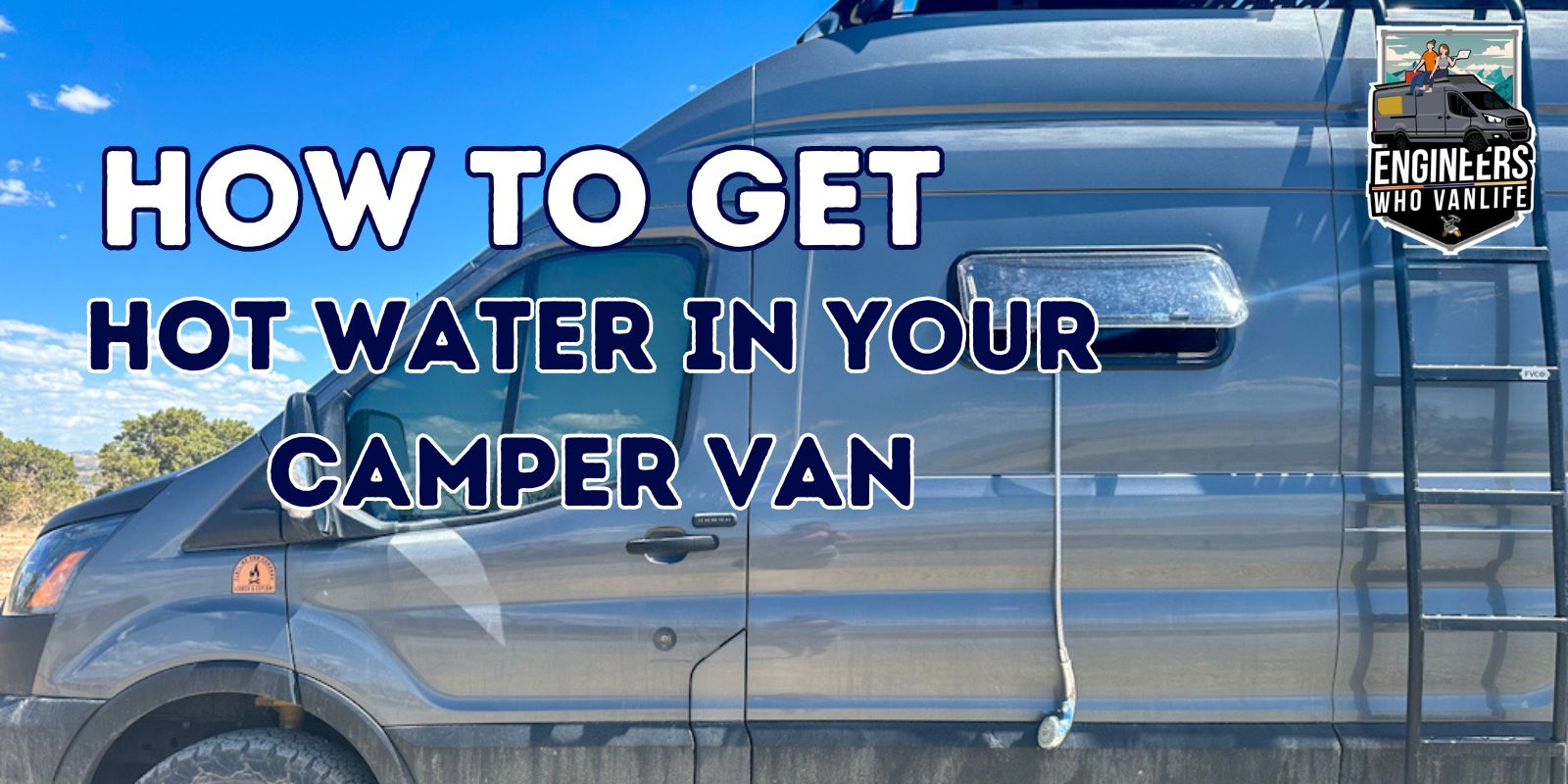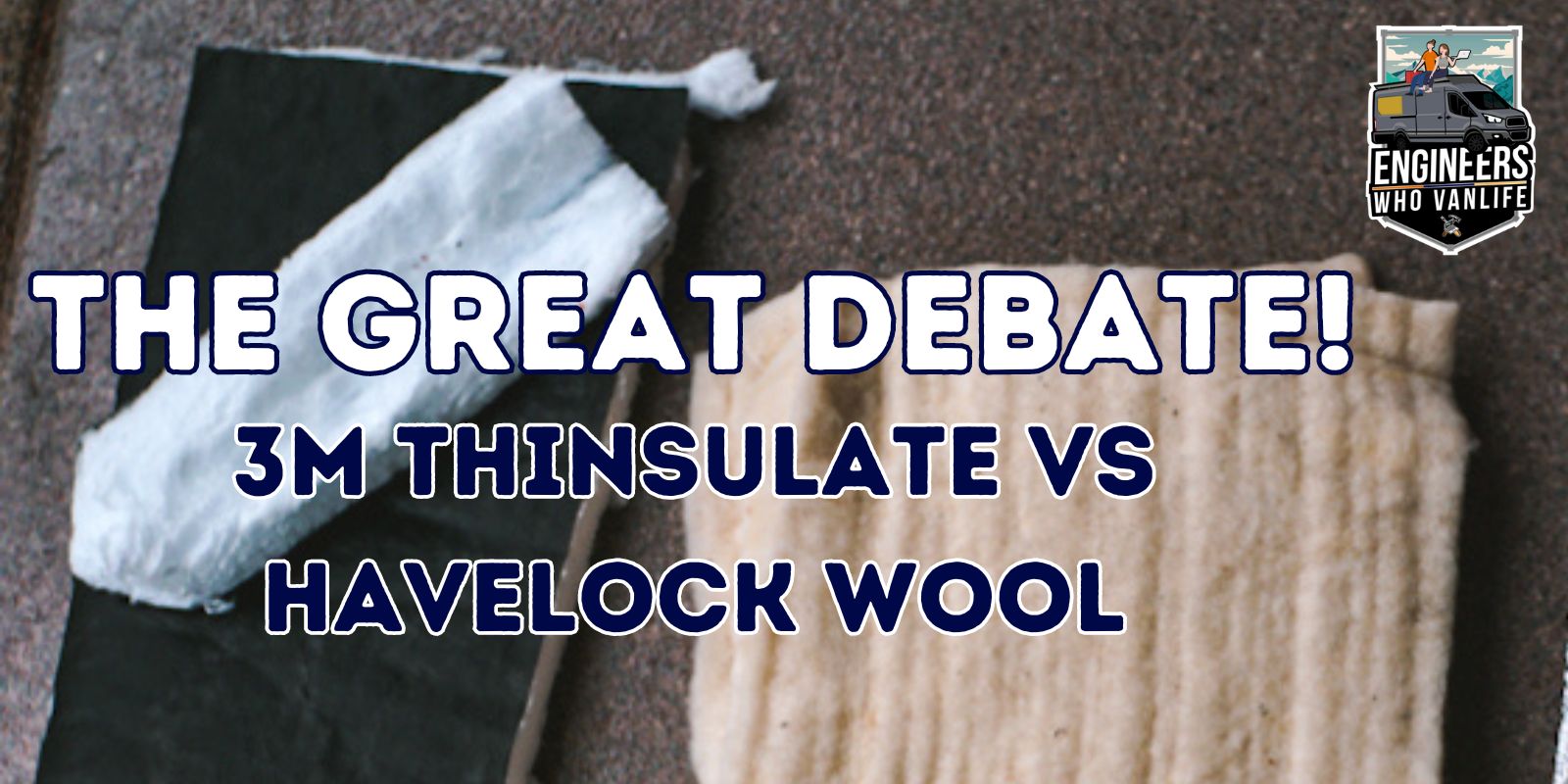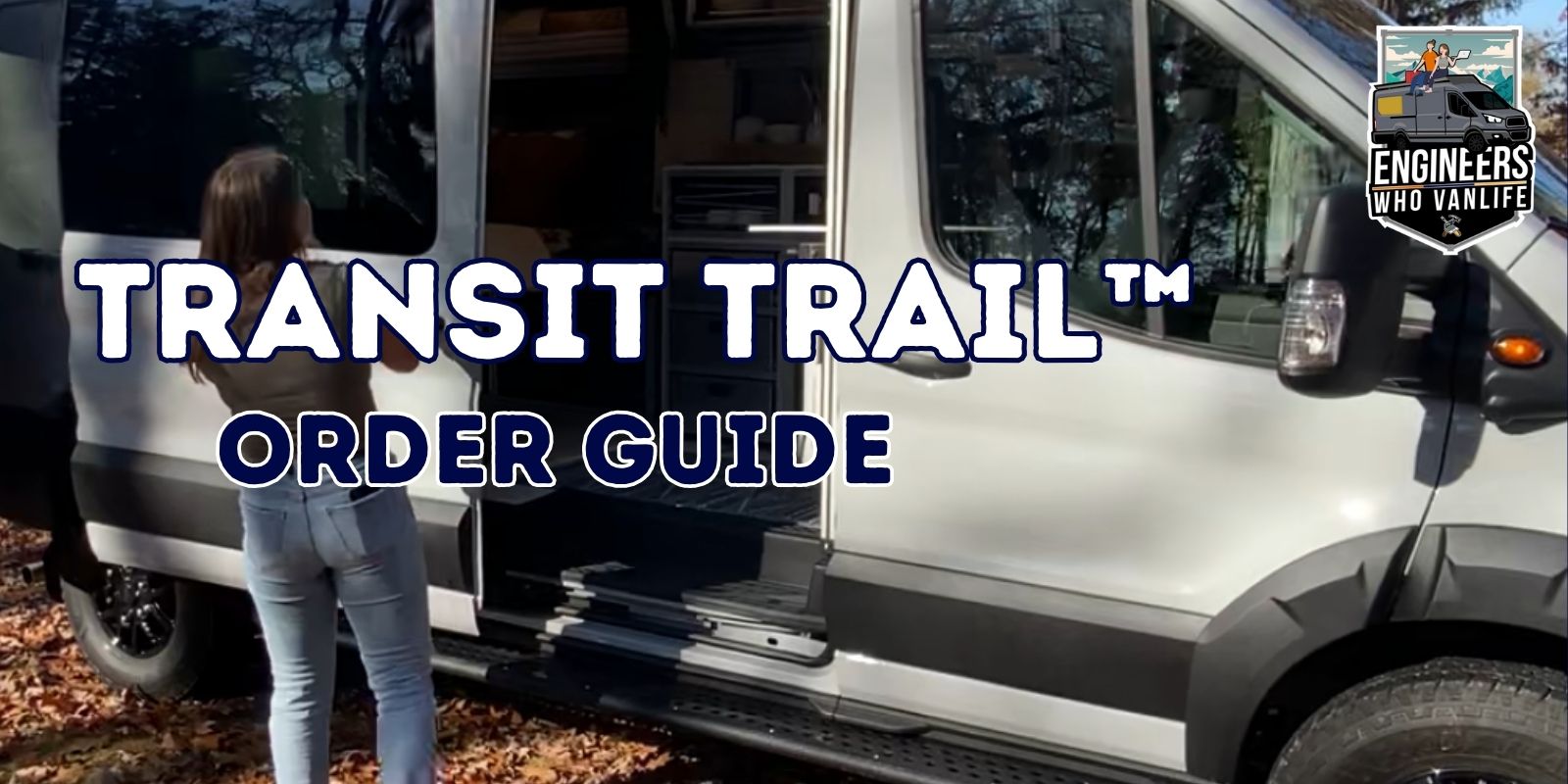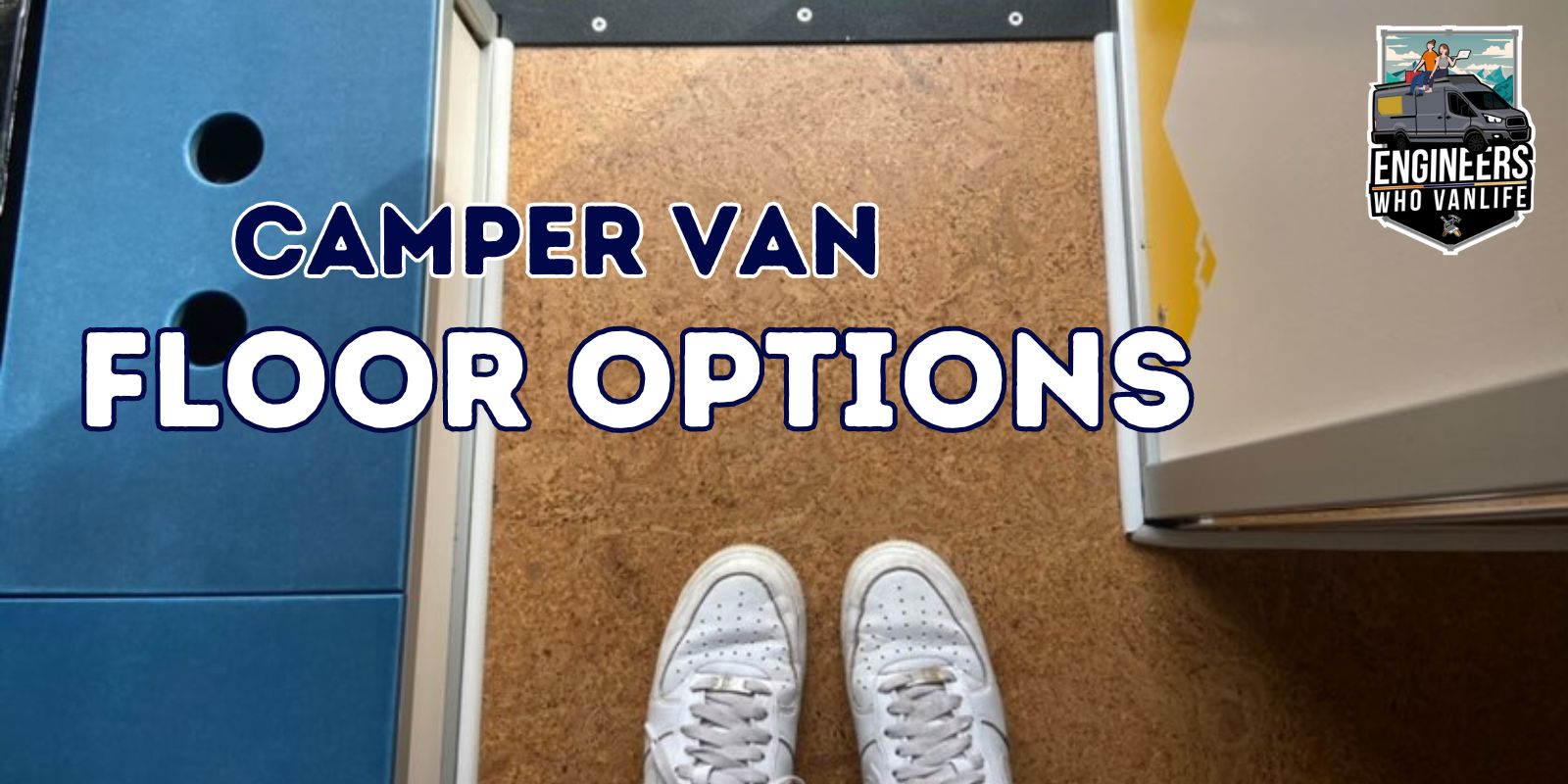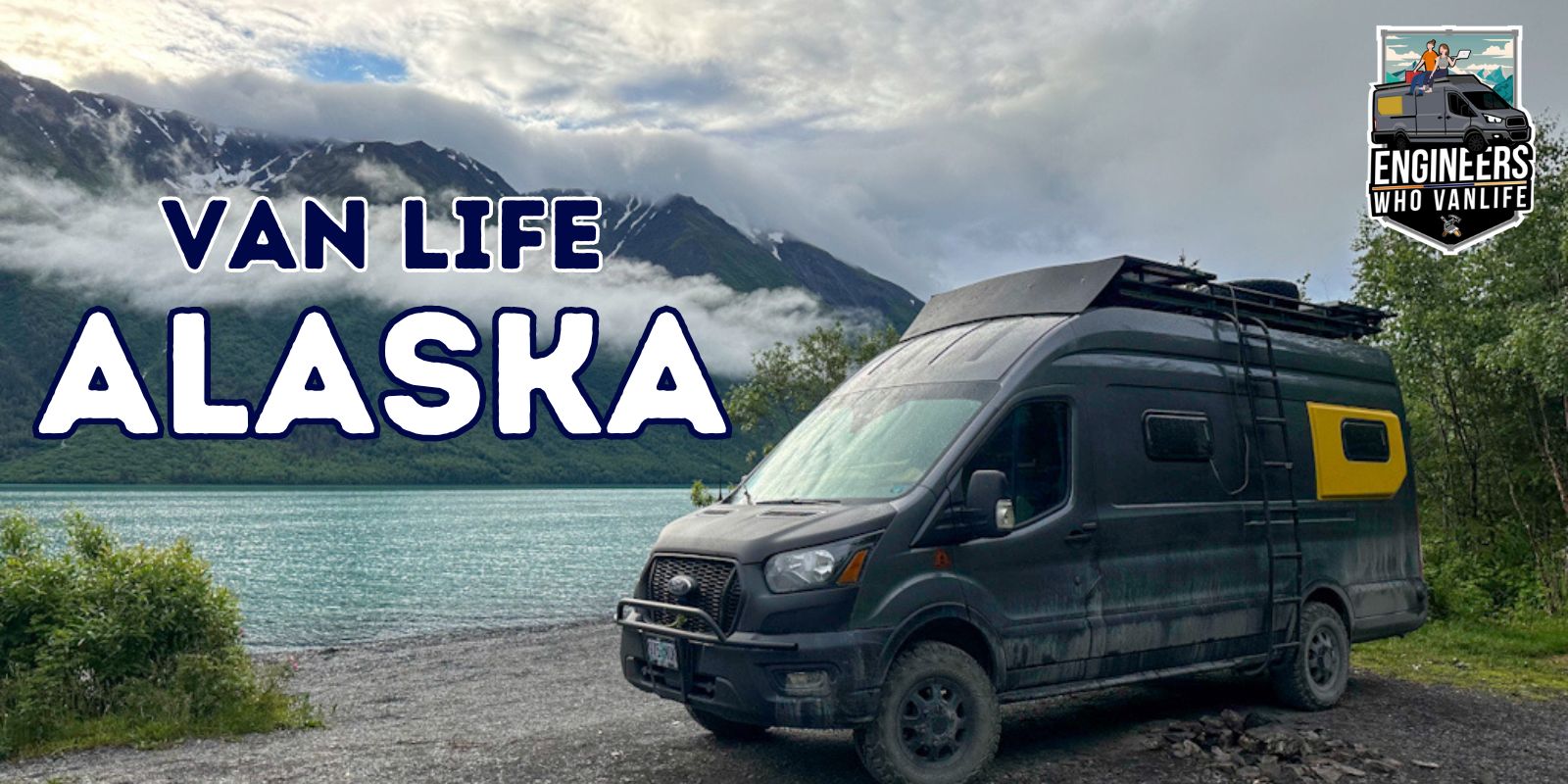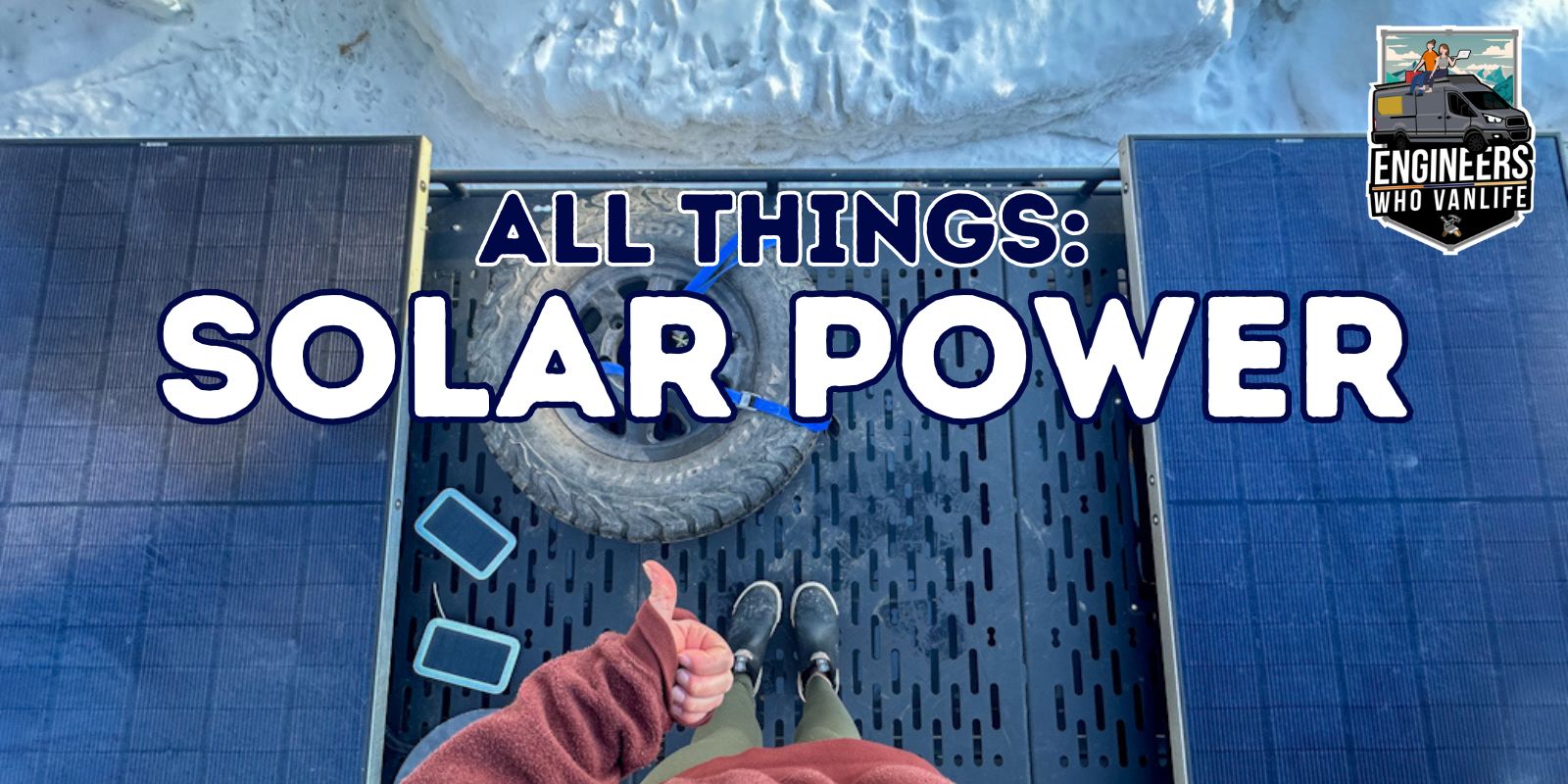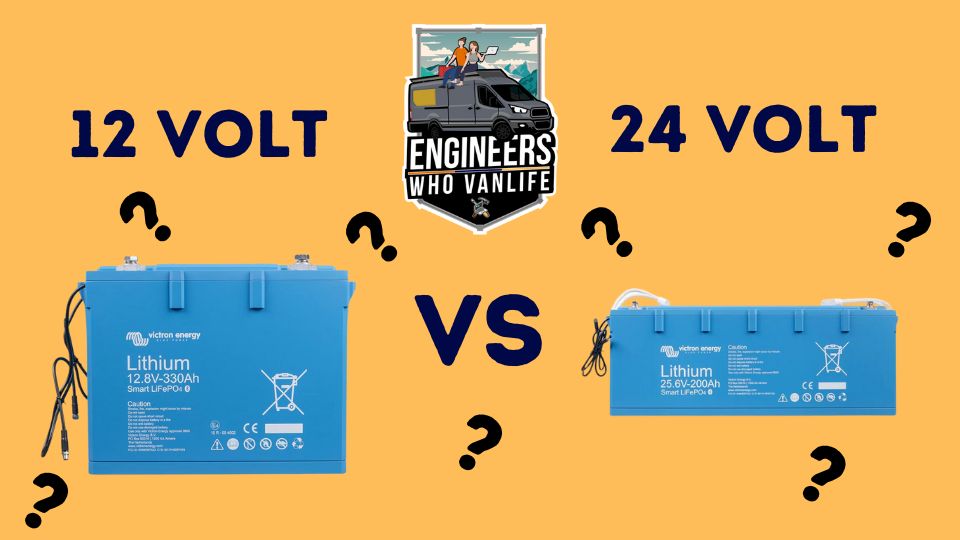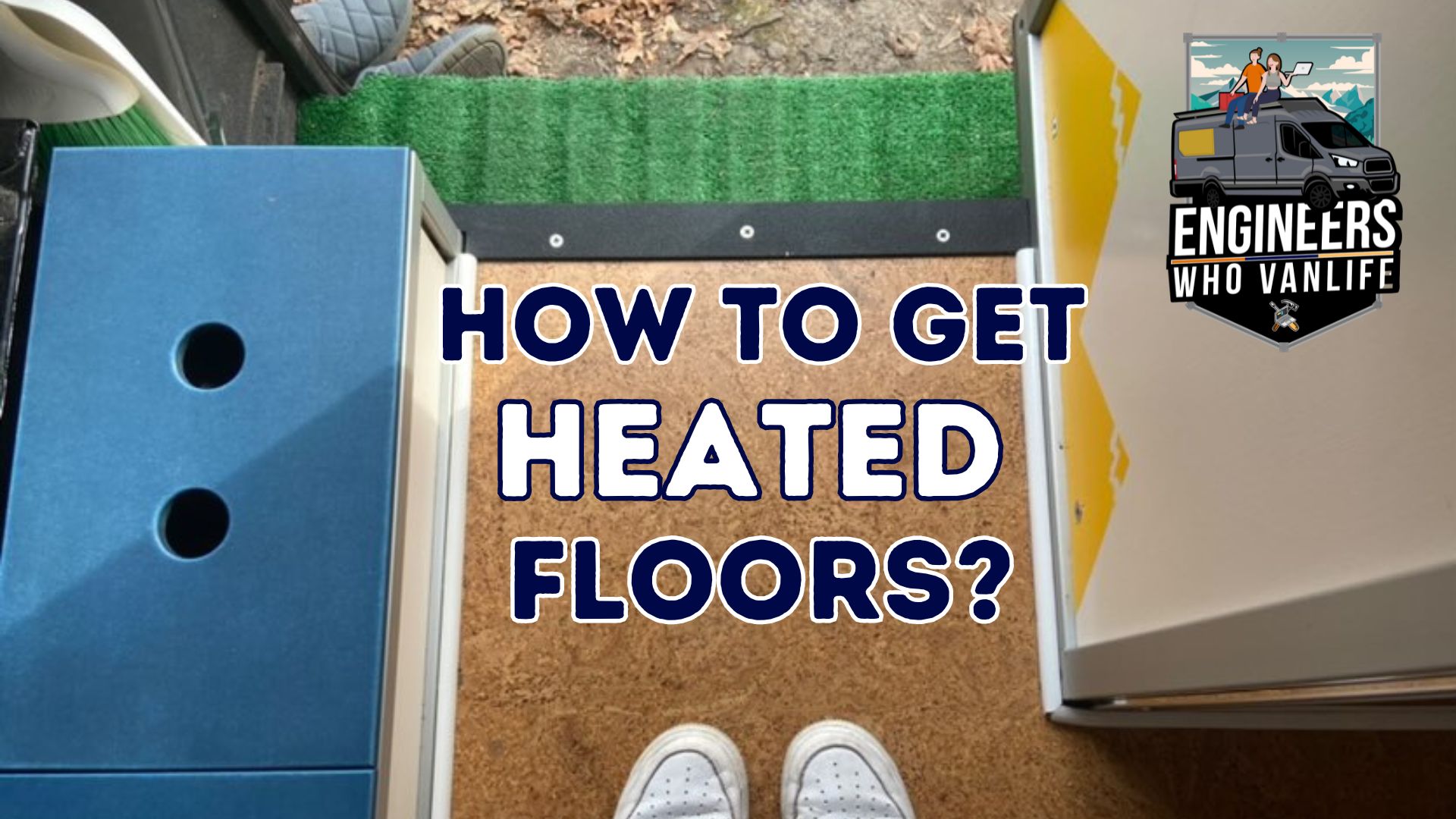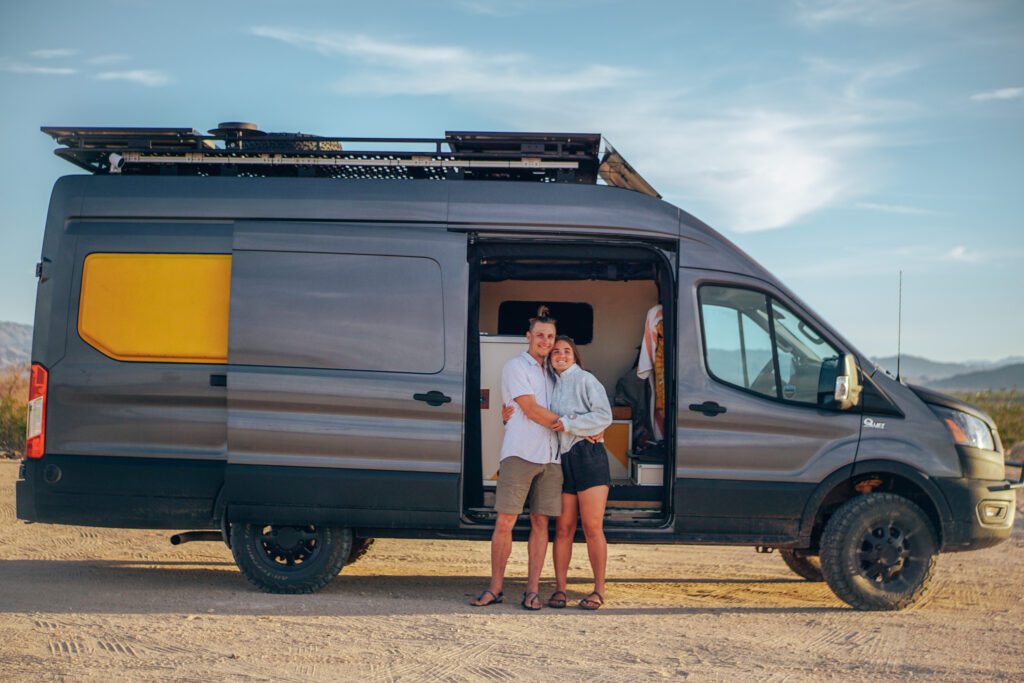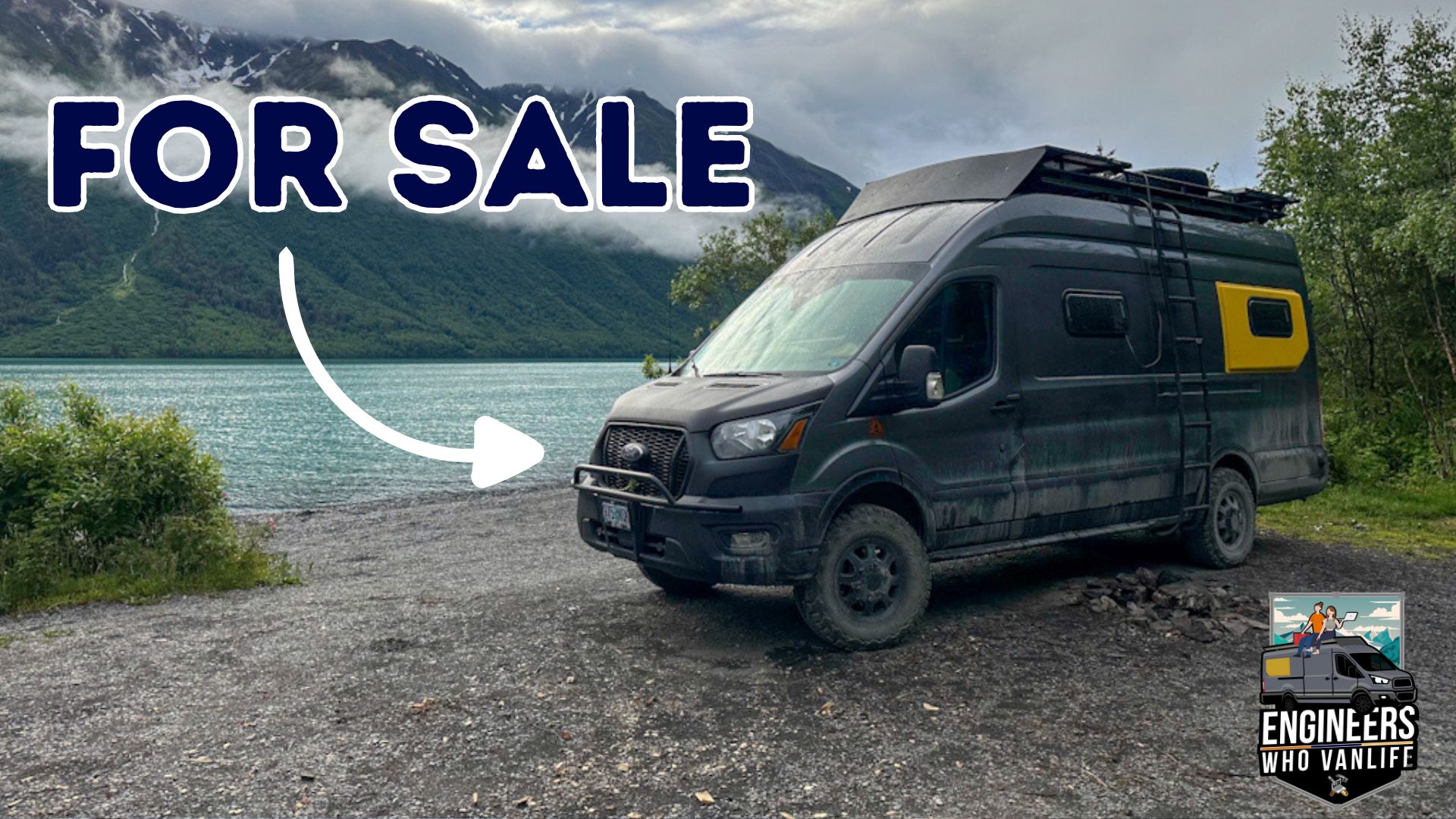
DIY Conversion Camper Van For Sale: AWD Ford Transit Adventure Van
2022 Ford Transit AWD Converted Camper Van For Sale We are parting ways with our beloved DIY converted camper van, Rover, to make room for our next masterpiece. This camper van was engineered to withstand any road, meticulously maintained and cared for, and built with luxury in mind, absolutely no expense was spared in this one of a kind adventure van. Camper Van Highlights Designed for full time living, this camper van features a robust electrical system with only Victron and Battle Born Components that will never let you down. A top of the line hydronic heater keeps this space cozy in all four seasons and provides hot water on demand from a generous 32 gallon fresh tank for everything from nice hot showers to doing dishes in absolute comfort. Perfect for full time living, long travel, working on the road as a digital nomad, and getting down the gnarliest of roads, this van has been tested and is now ready for whatever new adventures you can dream up! Description of all features, price, and showing logistics below. Photo Gallery Use the arrows below to see photos of Rover! Electrical System Gear Wall – perfect for skis! Exterior Gear Wall Lighting Plumbing System in Garage Shoe Storage View from Bed Large Kitchen Counter + Sink Large Farmhouse Sink + Pantry 130L Frige Kitchen View Seating and Armoire View Seating View Pop Up Shower in Bench Heater + Switch Panel Bedroom Lighting Custom Roam Rest Mattress Peplink Router for Internet Cherry Ceiling Tires + Quigley Lift Roof Deck + Simpli Safe View on Top of Roof Deckl View from Slider Door Base Vehicle Stats Year: 2022 Make: Ford Model:Transit T-35 Length: Extended Roof: High Roof Mileage: 40,XXX Transmission: Automatic Engine: Ecoboost Fuel: Gas Drive: AWD Seats: 2 (swivel) Title: Clean Notable Ford Factory Options Dual Alternators Dual Batteries 12″ Navigation Screen (with Apple Car Play) Exterior / Body Upgrades 2” Quigley QLift Blistein Shocks Front/Rear Rear Sway Bar 5x BF Goodrich KO2 tires, 30.5” 5x Storyteller Overland Aluminum Wheels FVC Nudge Bar Raptor Liner on hood and trim for rock protection FVC Safari Roof Rack FVC Side Ladder 2x Automatic MaxxAir fans 7500k Deluxe Flarespace Flares + High Tech Trim Ring 2x Arctic Tern double pane acrylic windows Custom CFC wind fairing 2x Rec Pro Alpha Black Series 370W Solar Panels Parsec Husky Pro 7-in-1 antenna Gear Wall in back for skis, backpacks, fishing poles, and all your adventure gear! Electrical System 2x Battle Born 270 ah GC3 batteries Victron Multiplus II 3,000W inverter Charger Smart Dongle for Remote Inverter Control 4/0 Main Wiring Shore Power Charging 2x Victron 100|30 MPPT 2x Rec Pro Alpha Black Series 370W Solar Panels (740W Total Solar) 2x Victron Orion 30amp DC-DC Chargers (60 amps total) Protection on Every Circuit With Fuses Victron Shunt 2x Victron Lynx Distributors 4x AC outlets 20amp GFCI 8x Puck Lights, 2x Zones Recessed Strip Lights, 2 Zones Garage LED Strip Lighting Gooseneck Reading Lights w/ USB Charging Touch Lights
